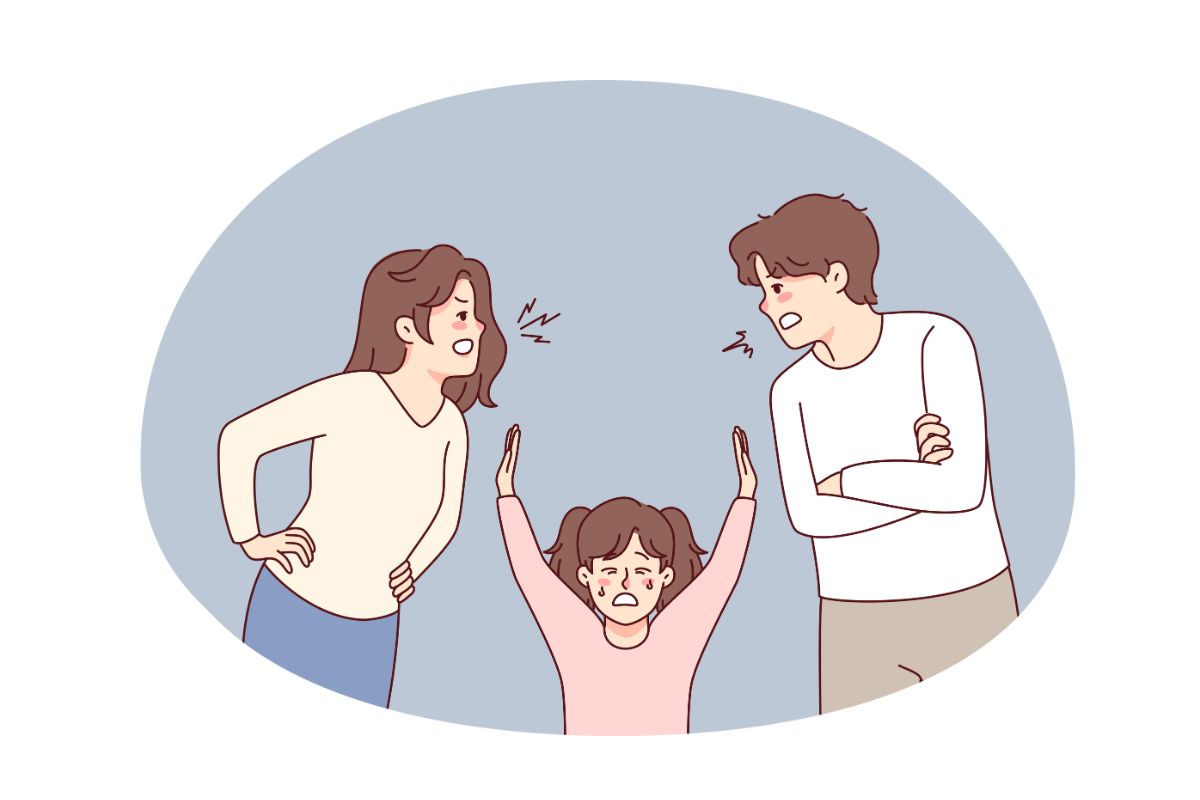As moms, we all want what’s best for our kids, but knowing the right approach to discipline can be tricky. You’ve probably heard the terms “harsh parenting” and “strict parenting” thrown around, but what do they really mean? And more importantly, how can you tell the difference between the two?
Let’s break it down in a way that’s easy to understand, so you can make the best choices for your family.
What is Strict Parenting?
Strict parenting sets clear boundaries and expectations. It’s all about structure, rules, and consistency. If you’re a strict parent, you likely believe in keeping routines, enforcing rules, and setting firm limits. But being strict doesn’t mean being unkind. In fact, strict parents tend to enforce rules in a way that helps their children feel secure. Kids know what to expect, which can be reassuring.
Strict parents also listen to their children’s feelings and explain the reasons behind the rules. The goal is to teach kids self-discipline and responsibility, without breaking their spirit.
Key traits of strict parenting:
– Clear, consistent rules
– Consequences for breaking rules, but no harsh punishment
– Open communication about expectations
– A focus on teaching responsibility and self-control
What is Harsh Parenting?
On the other hand, harsh parenting is more about control and less about teaching. Harsh parents might use criticism, yelling, or even physical punishment to discipline their children. The focus is often on obedience rather than understanding. Kids in these environments may feel anxious or fearful, rather than supported.
Harsh parenting can be damaging because it doesn’t leave room for open dialogue or emotional support. The strictness isn’t balanced with warmth, and this can harm a child’s emotional development.
Key traits of harsh parenting
– Punishments are overly severe or aggressive
– Less communication and more demands for obedience
– Little to no emotional support or understanding
– Focus on control, not teaching or guiding
How to Tell the Difference?
The main difference between harsh and strict parenting comes down to the “approach” and “tone”. Strict parenting is firm, but loving. You enforce rules and consequences, but you also take the time to explain why those rules are important. Strict parenting provides structure while still nurturing your child’s emotional needs.
Harsh parenting, on the other hand, leaves little room for communication. It’s more about immediate punishment and can often feel like an emotional power struggle. If your child feels scared or anxious around you, that’s a sign things might be veering toward harshness.
Why It Matters
The way we parent shapes our kids’ emotional well-being and development. Strict parenting, when done right, helps kids feel secure and understand boundaries. They learn responsibility and respect, but they also feel loved and supported.
Harsh parenting, however, can lead to long-term emotional struggles for children. They may feel disconnected, fearful, or resentful. And that’s not the kind of relationship any parent wants with their child.
Finding the Right Balance
If you’re aiming to be a strict (but not harsh) parent, the key is to balance rules with warmth. You can set high expectations, but you should also listen to your child’s feelings and show them that you care. Discipline doesn’t have to be harsh to be effective!
Here are some tips:
1. Communicate Clearly: Explain the rules and consequences ahead of time.
2. Stay Calm: When enforcing consequences, keep your cool and avoid yelling.
3. Be Consistent: Stick to the rules, but also be flexible when needed.
4. Show Love: Make sure your child knows they are loved, even when they’ve made a mistake.
Final Words
Parenting isn’t about being perfect – it’s about finding the right balance that works for you and your child. Being strict can be effective when it’s paired with love and understanding. Harsh parenting, on the other hand, can cause emotional harm and strain your relationship with your child. By focusing on communication and support, you can set boundaries while nurturing a healthy, happy relationship with your little one.





